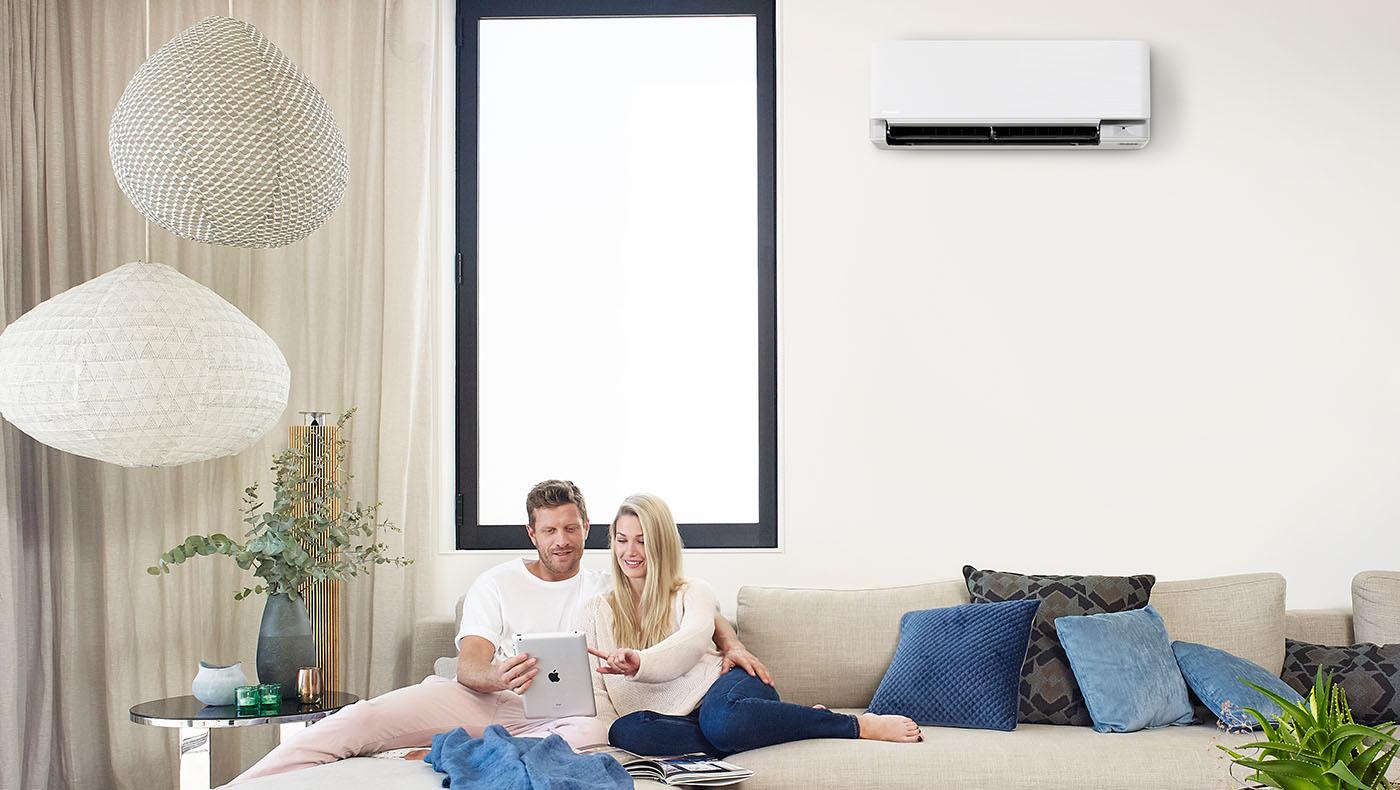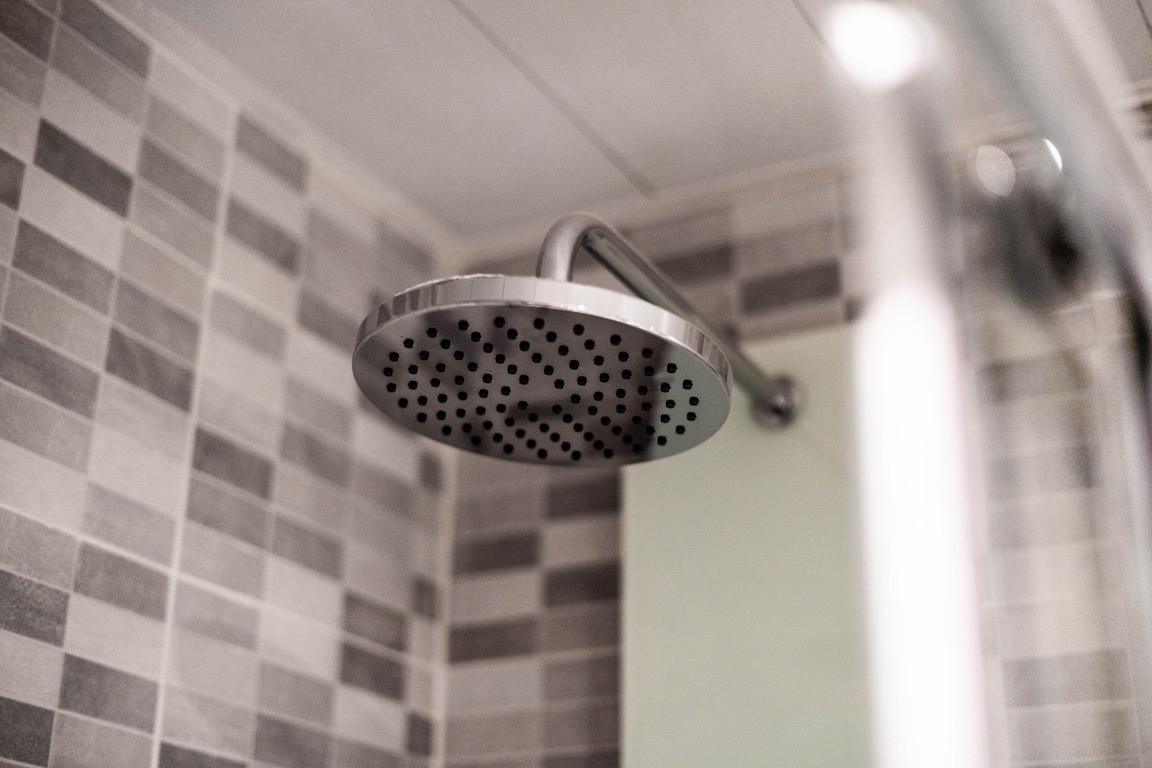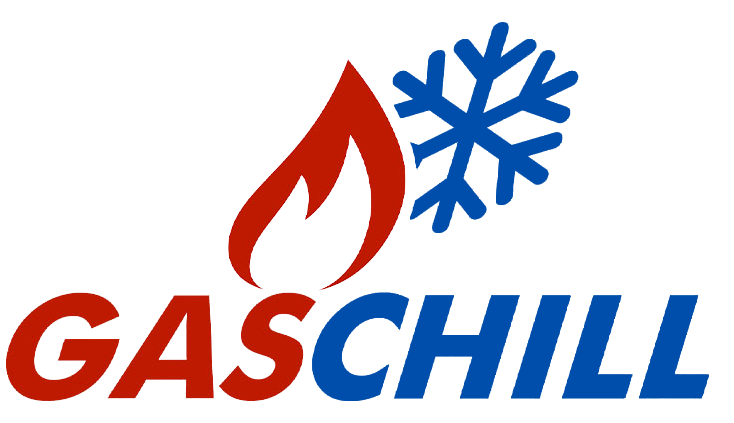Your energy bills may peak in summer because of higher aircon usage, but before you surrender to this – there is a way around it. And no, it doesn’t involve suffering through the heat without a proper cooling solution.
Electricity bills can almost triple when it gets hotter, with the average energy usage of an Australian household at $117.70 during winter vs $298.26 in summer. But you can manage your energy usage and keep your electricity bills low by making some simple yet impactful changes. All it takes is understanding your energy usage well and knowing how to work your way around it.
Read on for our top 3 tips on how to save on your energy bills this summer.
1. Manage Your Aircon Costs
Every Degree Counts
Not many realise this but maxing out the temperature on your air conditioner could be the reason why your bills are continuously high. The lower the temperature of your AC, the higher the bill.
With every lowered degree of temperature, we’re talking an additional 10% to your electricity bills.
Take for example the cost of running an air conditioner with 2.5kW power for 6 hours at a daily rate of 26.6 cents/kWh:

Ideally, aim to set your AC temperature around 23-25C°in summer to manage your overall costs.
Keep Parts Clean
Cleaning the air filter regularly will help ensure better energy efficiency and lower running costs. This is something you can do on your own but as for other internal parts, it can be harder to clean so it’s recommended to get a professional.
Gaschill is able to help with the cleaning of internal components. This includes parts such as fins, drainage, coils and even air filters.
Regular Servicing
This is probably the most important way to ensure that your aircon is running at its best. Just like a car, air conditioners require regular maintenance to function properly.
How often you need to service your air conditioner depends on the type of system you’re using. But as a general rule of thumb, you should be getting it serviced by a professional at least once a year.
You can also keep a lookout for certain signs that your AC requires a service, such as water leaks, insufficient airflow and unusual noises. If you’re unsure, reach out to our experts to get advice on how and when to schedule a maintenance check.
Out With The Old And In With The New
There will come a time when your air conditioning unit needs to be replaced. If your energy usage has stayed the same but your bills have recently shot up, it could be because you’re operating an old air conditioner.

Remember, higher energy bills occur because of a change in energy use and also lower energy efficiency. While it depends on the type of air conditioner you’re using and how you maintain it, generally air conditioners last between 10 to 15 years.
If you’re still using an air conditioner that’s older than that, you should consider getting it replaced. Reach out to Gaschill to book an appointment and upgrade your air conditioner.
2. Use Less Hot Water or A More Efficient System
Only Use Hot Water When You Really Need It
If it’s not your air conditioning, the higher bills could be coming from your hot water system. Use less hot water by washing your clothes in cold water. Most clothes don’t need a hot cycle unless they’re very dirty or need to be sanitised.
Sometimes, saving on hot water is as simple as taking shorter showers. If you find that you lose track of time while in the shower, install a shower timer and set it to 4 minutes or less to keep you in check.
Change Shower Heads
Switch to low flow shower heads to save on your water usage. Generally, the average Australian showerhead can use up to 20 litres per minute. With an average shower being 15 minutes, that’s 300 litres each session!

Gaschill can install low flow shower heads for you, restricting the water flow, and allowing you to save on as much as half of the water you’d normally use.
Replace Your Inefficient Hot Water System
A lot of the time, an outdated or inefficient hot water system is the culprit for higher energy bills. If you’ve been using your existing hot water system for 12-15 years, it’s due for a change.
What’s more, if you replace your hot water system with a more efficient and environmentally friendly alternative, you may be eligible for financial incentive by the government. To find out more about upgrading your hot water system, check out our solutions.
Consider Switching To Heat Pumps
Heat pumps save you money as they use 60 – 75% less electricity than conventional hot water systems. Heat pumps work by using the refrigeration cycle to extract heat from the surrounding air. This air goes through a heat exchanger to heat water from the mains, which is then stored in storage tanks.
Heat pumps use less energy than conventional hot water systems because they do not heat the water directly with an element. What’s more, if you’re replacing your hot water system with a heat pump hot water system, you may be eligible for financial incentive by the government. Check out our heat pump installation options here.
3. Insulation
Keep Windows Closed In The Day
Keeping your windows and doors open when the temperature drops at night might be a good idea, however during the day you’ll want to keep the hot air out.
This follows the same line of thinking as with a refrigerator – if the door is open, it takes longer for the space to cool as the cold air will escape.
Draw Curtains/Blinds When It’s Hottest
If sunlight is shining directly through your home through the windows, it will result in short-wave radiation which will heat up your home quicker. Draw your curtains and blinds to keep the sun and its heat out.
Conclusion
Take charge of how much you spend on your energy bills with just a few changes. Then sit back, relax and enjoy summer without having to worry about exorbitant energy bills.
Being more mindful of your energy habits and how they’re contributing to your expenditure will go a long way. That said, sometimes your cooling or heating system may have issues and need to be looked at. Speak to the experts and find out how they can help today.


